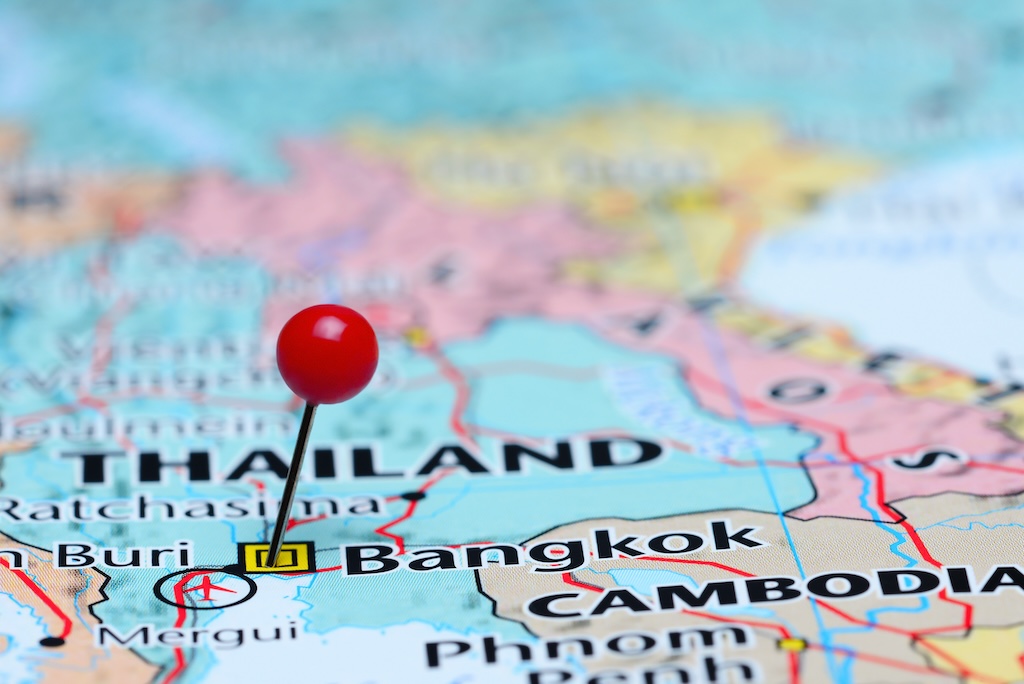Thailand To Increase foreign freehold quota in Condos & Land Lease To 99 Years
Thailand To Extend Land Lease to 99 Years & Increase Foreign Freehold Quota In Condos to Boost Foreign Real Estate Investment. Thailand’s real estate industry has been eagerly anticipating a significant policy shift that could revolutionize the country’s property landscape. After extensive discussions between government officials and leading real estate organizations, a proposal has emerged to extend land lease periods from the current 30-year limit to an unprecedented 99 years. This transformative change, coupled with a plan to increase the foreign ownership cap in condominiums, is poised to attract a surge of international investment and reshape the dynamics of Thailand’s real estate market.
Driving Forces Behind the Proposed 99 Land Lease Extension
The impetus behind this proposed policy shift stems from a cabinet resolution in April, which aimed to stimulate the Thai economy through the real estate sector and position the country as a global industrial hub. This resolution has prompted the Ministry of Interior, which oversees the Department of Lands, to explore the feasibility of amending existing legislation to facilitate longer lease periods and greater foreign ownership in condominiums.
Extending Land Lease Periods To 99 years In Thailand: A Game-Changer for the Industry
The first amendment under consideration involves extending the maximum land lease duration from the current 30 years to a remarkable 99 years. This change would apply to both low-rise residential projects and condominiums, benefiting both Thai and foreign nationals. Once the initial 50-year term expires, property owners and rights holders would have the option to extend the lease for an additional 50 years, provided they reach a written agreement and register it with the authorities.
Enhancing Foreign Freehold Ownership Quota in Condos
Complementing the lease extension proposal, the second amendment seeks to increase the proportion of foreign ownership quota allowed in condominiums from the current 49% to a more accommodating 75%. This move is aimed at catering to the growing demand from international investors, particularly in popular destinations like Bangkok, Phuket, Koh Samui and Pattaya. However, the increased foreign ownership may come with certain conditions, such as forfeiting voting rights related to condominium management if the foreign ownership exceeds 49%.
Industry Reactions and Anticipated Impacts
Real estate executives have expressed overwhelming support for these proposed changes, recognizing their potential to revitalize the industry. Issara Boonyoung, the honorary president of the Housing Business Association, believes that the extended lease periods and higher foreign ownership limits would be “conducive to attracting more foreign investment” and significantly boost the real estate market.
Challenges Facing the Property Sector
The real estate industry in Thailand has been grappling with various challenges, including high bank loan rejection rates (ranging from 50% to 60%) and declining purchasing power among buyers. According to data, the number of land allocation permits nationwide dropped by 19.7% in the first quarter of 2023, the largest decline in nine quarters, as low-rise house transfers fell.
Addressing the Middle and Lower-End Segments
The challenges are particularly evident in the middle and lower-end segments of the property market. Sales of new townhouses in Greater Bangkok plummeted to a 12-year low in the first quarter of 2023, approaching levels not seen since the severe floods of 2011. This decline is largely attributed to weak demand in these segments.
Potential Benefits of the Proposed 99 year lease Increase & Foreign Freehold Condo Quota
Peerapong Jaroon-ek, the honorary president of the Thai Condominium Association, believes that the legislative changes could have a transformative impact on the real estate market. Increasing land lease terms to 99 years, he suggests, would make urban land more accessible, reduce development costs, and make city properties more affordable for Thai buyers. Additionally, it would provide long-term residence options for foreigners, thereby boosting their confidence and investment.
Addressing the Condominium Ownership Quota
Another factor contributing to the proposed changes is the fact that foreign ownership quotas for condominiums in popular destinations like Phuket and Pattaya are already fully occupied in several projects. The Real Estate Information Center (REIC) has reported that condo transfers by foreigners in 2023 totaled 14,449 units, up 25% from the previous year, with the value rising 23.5% to 73.1 billion baht, surpassing pre-pandemic levels.
Diversifying the Condominium Buyer Base
The increased foreign ownership quota cap aims to diversify the condominium buyer base, catering to a wider range of international investors. Chinese buyers have historically dominated the market, accounting for 45.8% of the total condo transfers and 46.7% of the total value in 2023. The proposed changes could open the door for more diverse foreign investment, potentially attracting buyers from other countries as well.
Anticipated Timelines for Implementation Of The Land Lease & Foreign Freehold Quota In Thailand
According to industry experts, the legislative changes to extend lease terms to 99 years and increase the foreign ownership quota in condominiums could take one to two years to pass and take effect. This timeline reflects the necessary processes for amending the relevant laws and regulations, ensuring a smooth transition for the real estate sector.
Potential Impact on the Overall Real Estate Market
Peerapong Jaroon-ek, the honorary president of the Thai Condominium Association, has projected that without such policy interventions, the real estate market in Thailand is expected to contract by 15% to 20% in 2024. However, the proposed changes could significantly boost the market, making it more accessible and attractive for both Thai and foreign investors.
Conclusion: A Transformative Era for Thailand’s Real Estate
The proposed extensions to land lease periods and the increase in foreign ownership caps in condominiums represent a pivotal moment for Thailand’s real estate industry. These changes, if implemented, have the potential to attract a surge of international investment, diversify the buyer base, and revitalize the overall property market. As the industry eagerly awaits the legislative process, the future of Thailand’s real estate landscape appears poised for a transformative era of growth and opportunity.






Join The Discussion